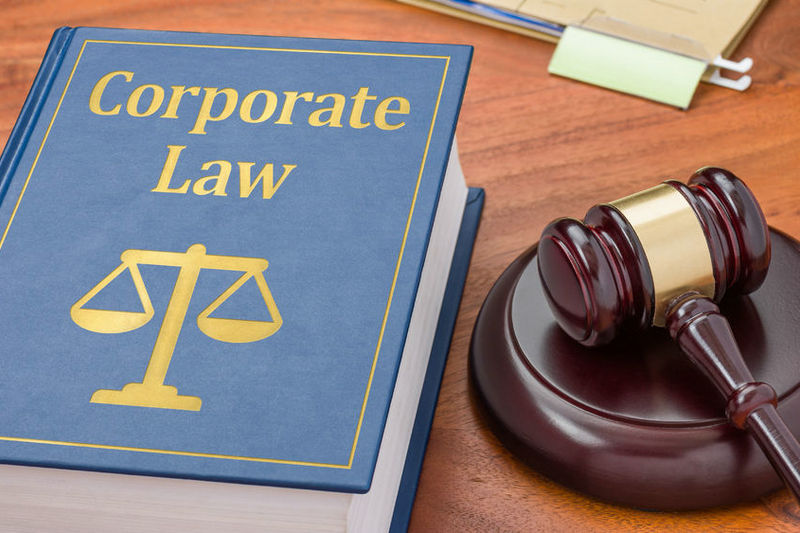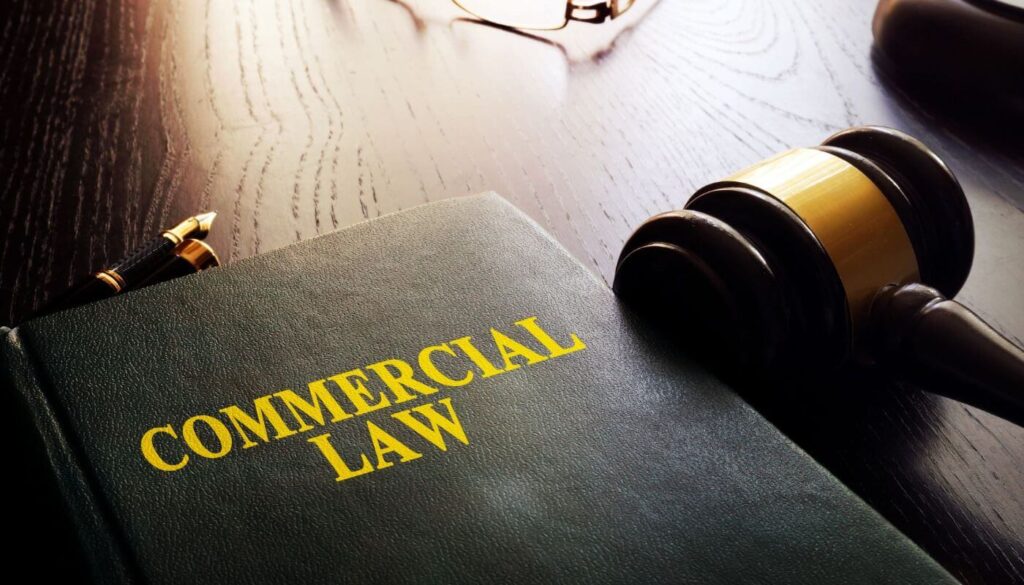In the bustling metropolis of Sydney, where commerce thrives and innovation flourishes, the role of business lawyers is more critical than ever. These legal professionals serve as essential partners for entrepreneurs and established businesses alike, guiding them through the complex landscape of commercial law. From contract negotiations to dispute resolution, business lawyers in Sydney provide invaluable support that can significantly influence a company’s success.
Understanding the Role of Business Lawyers
Legal Expertise in Commercial Matters
Business lawyer Sydney possess specialised knowledge in various areas of commercial law, including contract law, employment law, intellectual property, and corporate governance. Their expertise allows them to navigate the intricate legal frameworks that govern business operations. This knowledge is crucial for ensuring compliance with local and national regulations, which can vary significantly across different sectors.
Moreover, business lawyers are adept at drafting and reviewing contracts, ensuring that all agreements are legally sound and protect their clients’ interests. This includes everything from supplier contracts to partnership agreements, where the terms must be clear and enforceable to prevent future disputes.
Advisory Services for Business Growth
Beyond legal compliance, business lawyers act as strategic advisors, helping businesses identify opportunities for growth while mitigating risks. They can assist in structuring transactions, such as mergers and acquisitions, ensuring that all legal aspects are thoroughly considered. This strategic involvement can lead to more informed decision-making and ultimately, greater success in the competitive market.
Additionally, business lawyers can provide guidance on regulatory changes that may impact a business’s operations. Staying abreast of these changes is vital for maintaining compliance and avoiding potential legal pitfalls that could hinder growth.
Key Services Offered by Business Lawyers in Sydney
Contract Negotiation and Drafting
One of the primary services offered by business lawyers is contract negotiation and drafting. Contracts form the backbone of business relationships, and having a well-drafted contract can prevent misunderstandings and disputes. Business lawyers ensure that contracts are comprehensive, covering all necessary terms and conditions while being clear and concise.
They also play a crucial role during negotiations, representing their clients’ interests and striving for favourable terms. This can involve negotiating payment terms, delivery schedules, and other essential elements that can affect the overall success of a business transaction.
Dispute Resolution
Despite best efforts, disputes can arise in any business relationship. Business lawyers are equipped to handle various types of disputes, whether they involve contractual disagreements, employment issues, or regulatory compliance. They can represent clients in negotiations, mediations, and, if necessary, litigation.
Effective dispute resolution is not just about winning a case; it’s about finding a solution that allows businesses to move forward. Business lawyers aim to resolve disputes efficiently, preserving relationships and minimising disruption to the business operations.
Intellectual Property Protection
In today’s digital age, protecting intellectual property (IP) is paramount for businesses looking to maintain a competitive edge. Business lawyers in Sydney offer services related to IP registration, enforcement, and litigation. They help clients understand the importance of trademarks, copyrights, and patents, ensuring that their innovations are legally protected.
Furthermore, business lawyers can assist in developing strategies to safeguard trade secrets and proprietary information, which are often critical to a business’s success. By providing comprehensive IP services, lawyers help businesses secure their valuable assets in an increasingly competitive market.
The Importance of Local Knowledge
Understanding the Sydney Business Landscape
Business lawyers in Sydney possess a deep understanding of the local business environment, which is essential for providing relevant legal advice. They are familiar with the specific challenges and opportunities that businesses face in Sydney, from navigating local regulations to understanding the competitive landscape.

This local knowledge enables business lawyers to tailor their services to meet the unique needs of their clients. Whether a startup or an established corporation, having a lawyer who understands the nuances of the Sydney market can be a significant advantage. Click here to learn about Commercial Litigation Lawyers Sydney: when legal disputes arise.
Networking and Connections
In addition to their legal expertise, business lawyers often have extensive networks within the local business community. This can be beneficial for clients seeking partnerships, funding, or other business opportunities. Lawyers can connect clients with potential investors, suppliers, or other professionals who can help facilitate growth.
Furthermore, these connections can provide valuable insights into industry trends and best practices, helping businesses stay ahead of the curve. A lawyer’s network can be an invaluable resource for businesses looking to expand their reach or enhance their operations.
Choosing the Right Business Lawyer
Assessing Qualifications and Experience
When selecting a business lawyer in Sydney, it is crucial to assess their qualifications and experience. Look for lawyers who specialise in business law and have a proven track record of success in handling cases similar to yours. Consider their educational background, professional affiliations, and any additional certifications that demonstrate their expertise.
Experience is particularly important, as seasoned lawyers are more likely to have encountered a wide range of issues and can provide practical solutions based on their past experiences. Additionally, consider their familiarity with your specific industry, as this can enhance their ability to provide relevant advice.
Evaluating Communication and Compatibility
Effective communication is key to a successful lawyer-client relationship. During initial consultations, pay attention to how well the lawyer listens to your concerns and explains complex legal concepts. A good lawyer should be able to communicate clearly and concisely, ensuring that you understand your options and the potential implications of your decisions.
Compatibility is also essential. You will be working closely with your lawyer, so it’s important to choose someone with whom you feel comfortable discussing sensitive business matters. A strong rapport can lead to a more productive working relationship and better outcomes for your business.

Conclusion: Investing in Legal Expertise for Business Success
In the dynamic business environment of Sydney, partnering with a skilled business lawyer is not just a legal necessity; it is a strategic investment in your company’s future. From navigating complex regulations to protecting intellectual property, business lawyers provide essential services that can enhance operational efficiency and drive growth.
By understanding the various roles and services that business lawyers offer, as well as the importance of local knowledge and effective communication, businesses can make informed decisions when selecting legal representation. Ultimately, the right business lawyer can be a valuable ally, helping you navigate the challenges of the commercial landscape and achieve lasting success.









